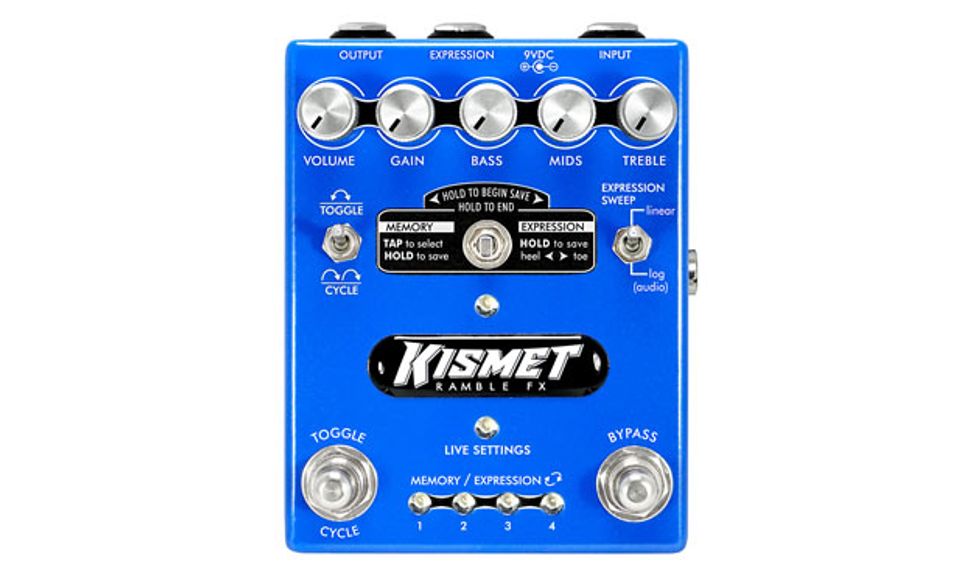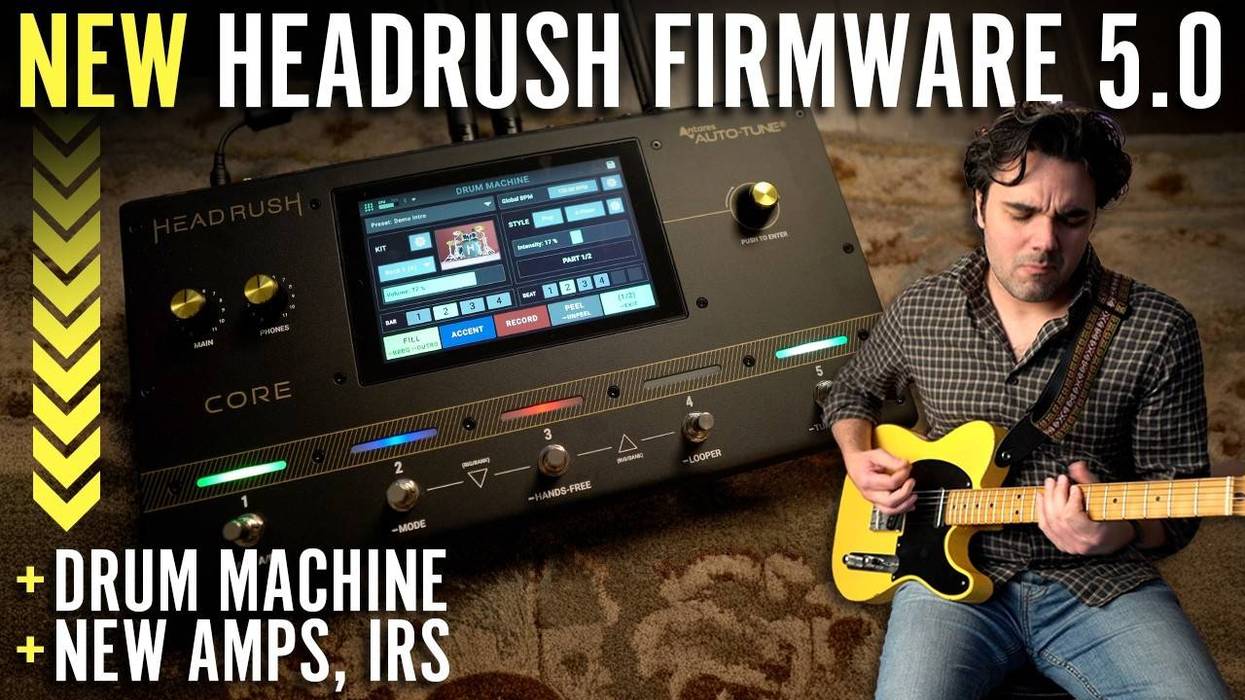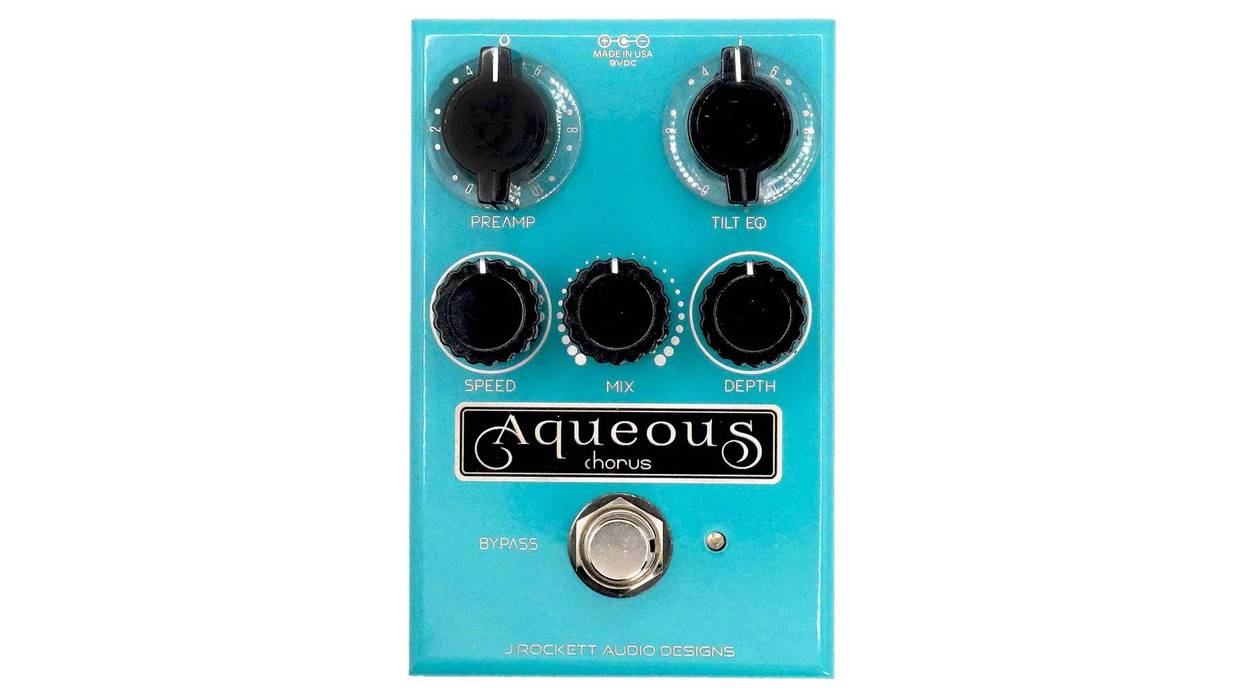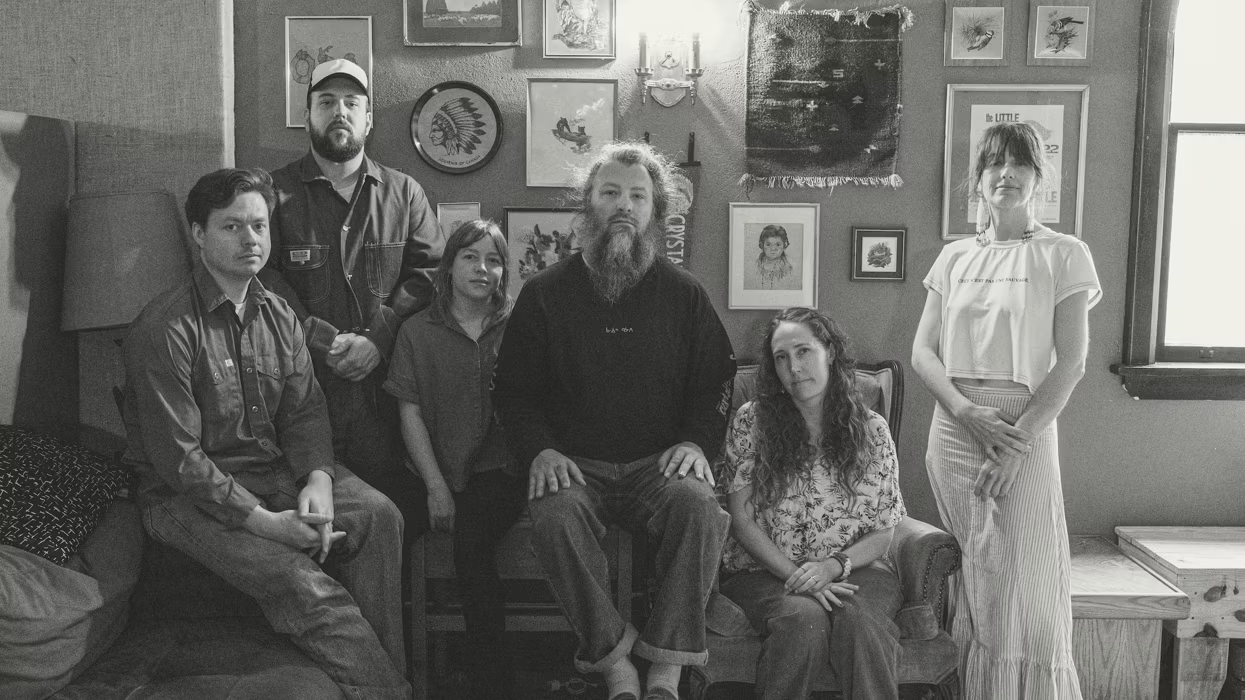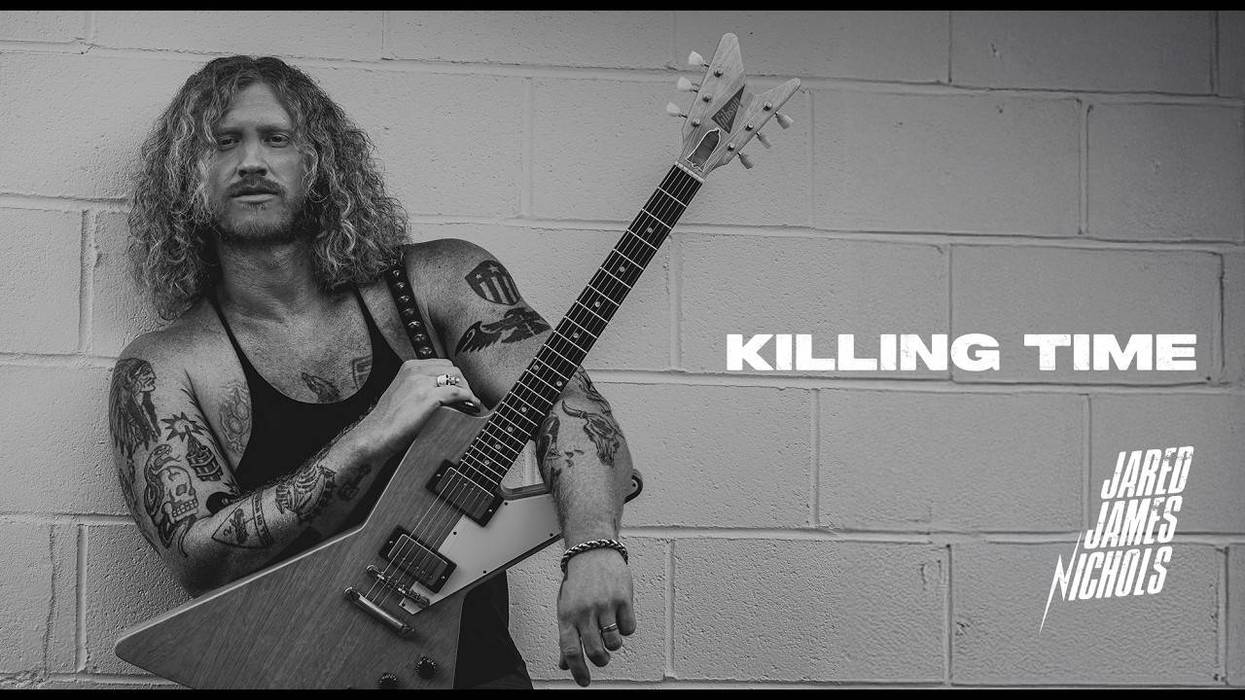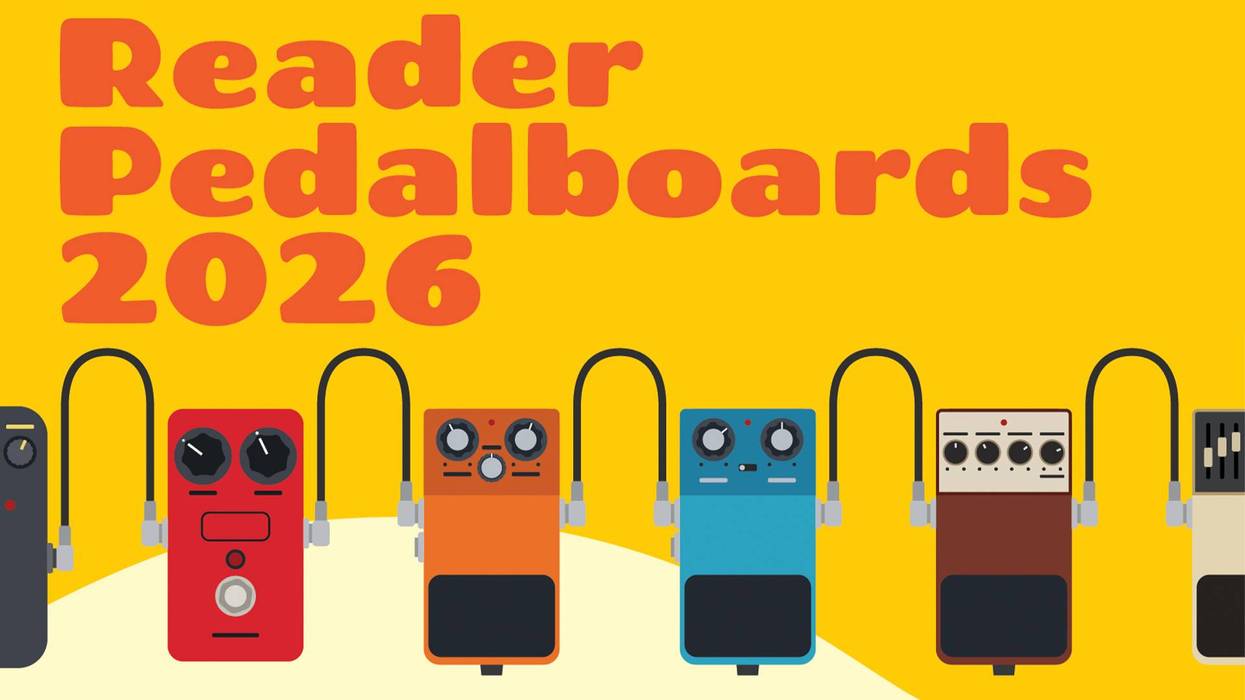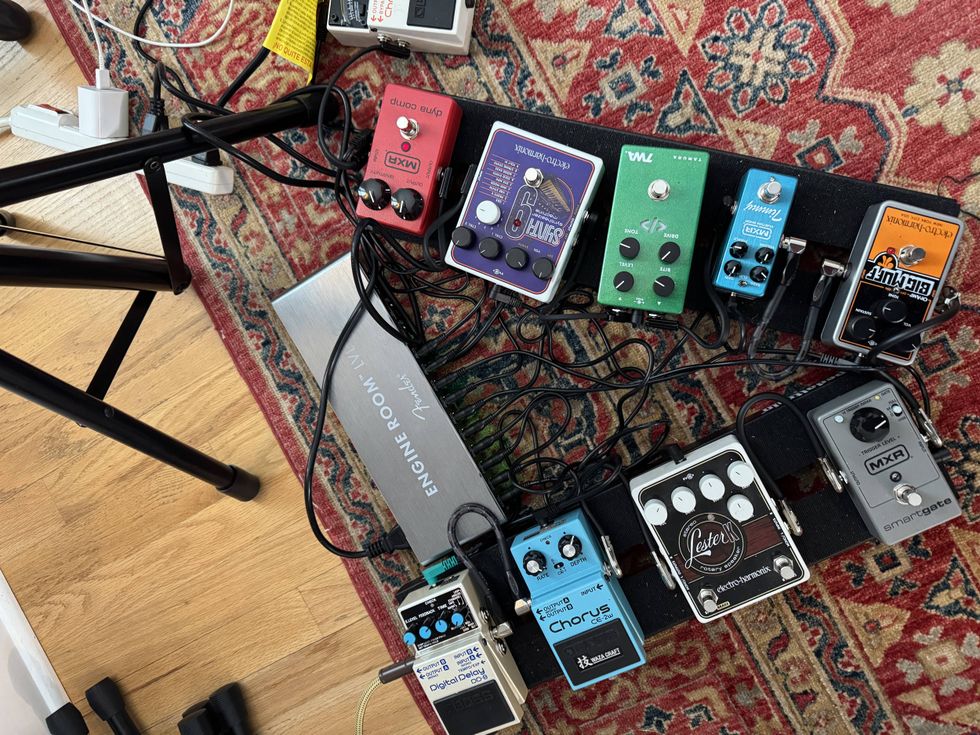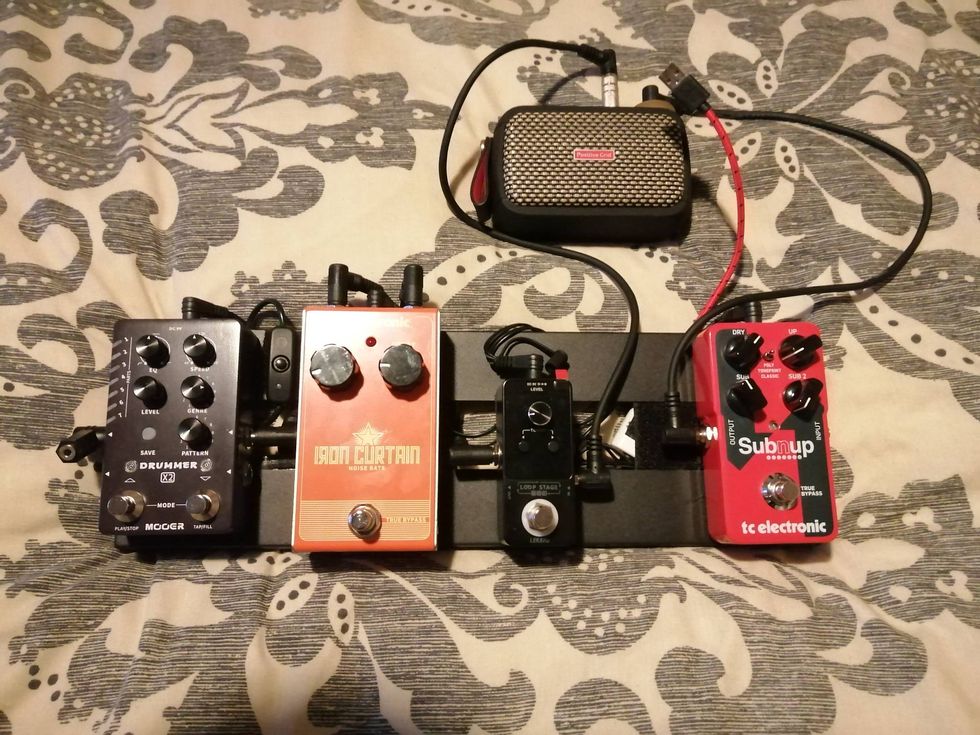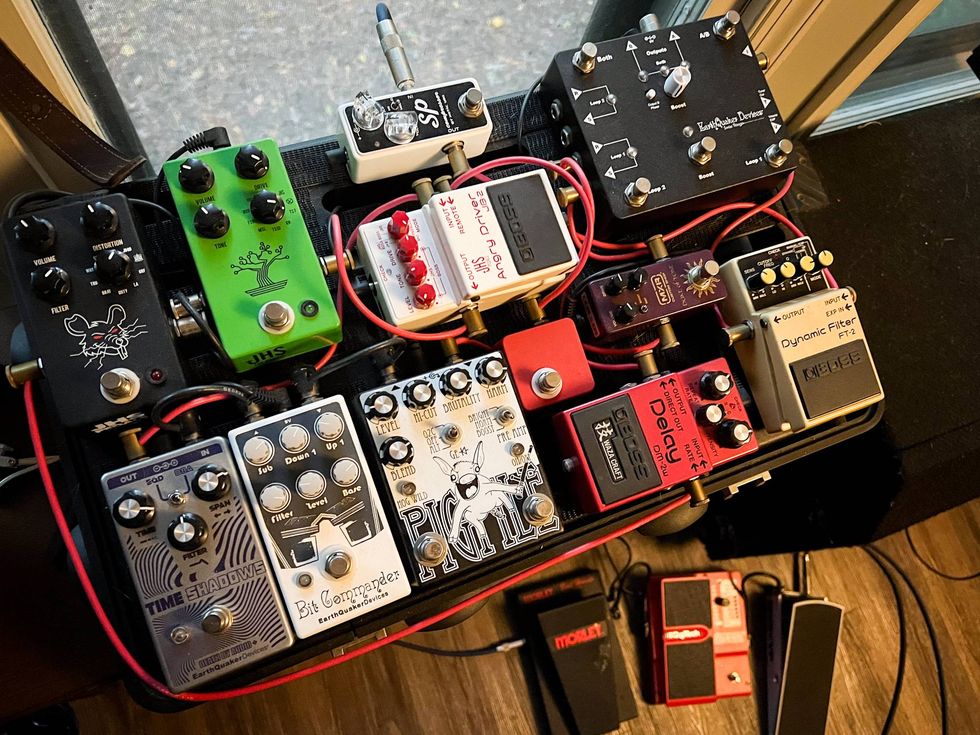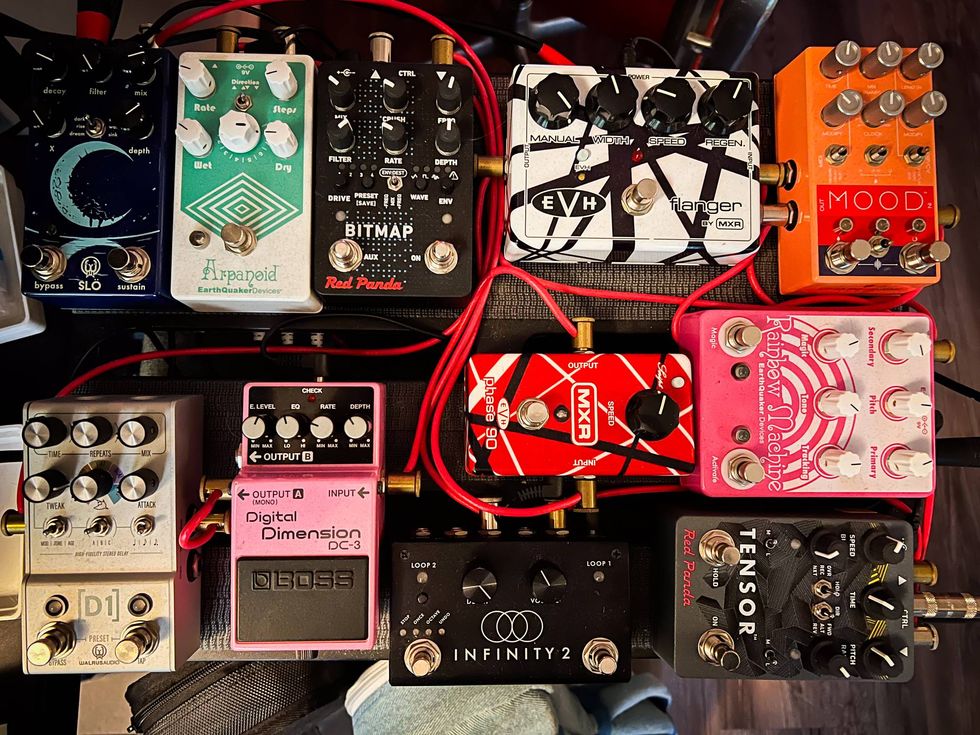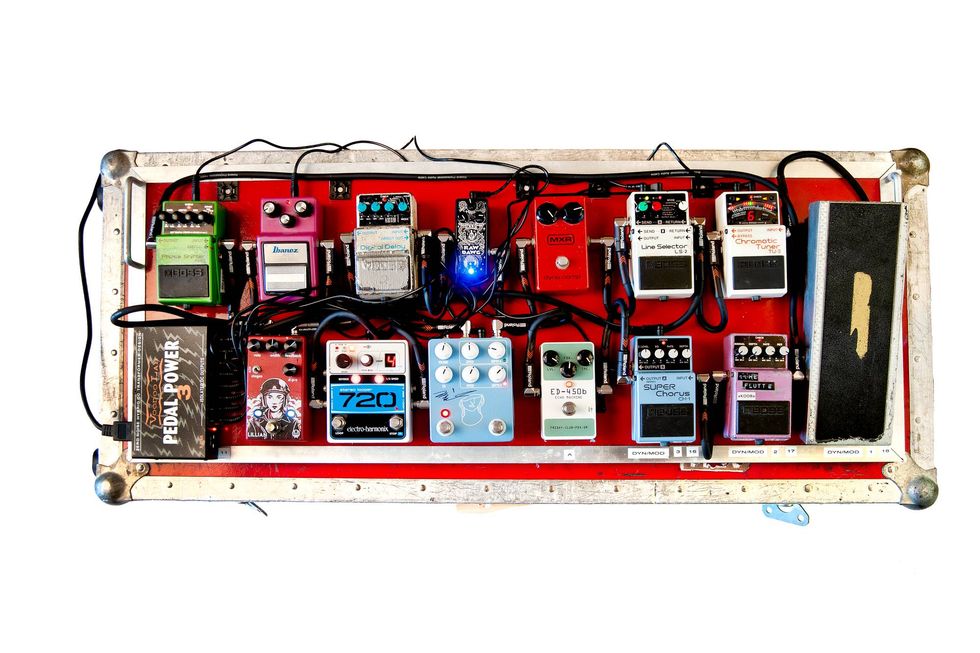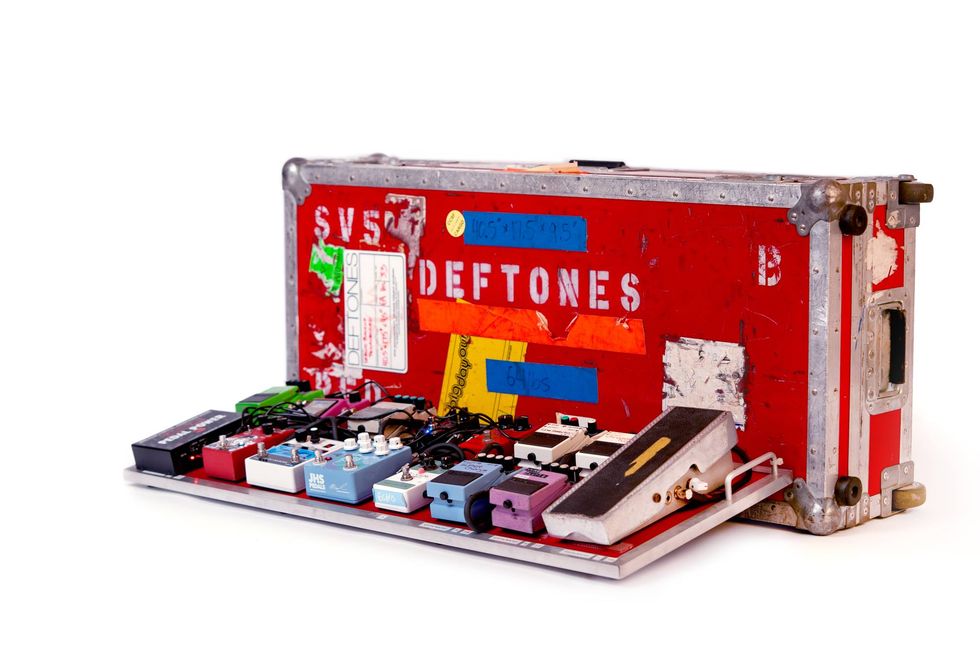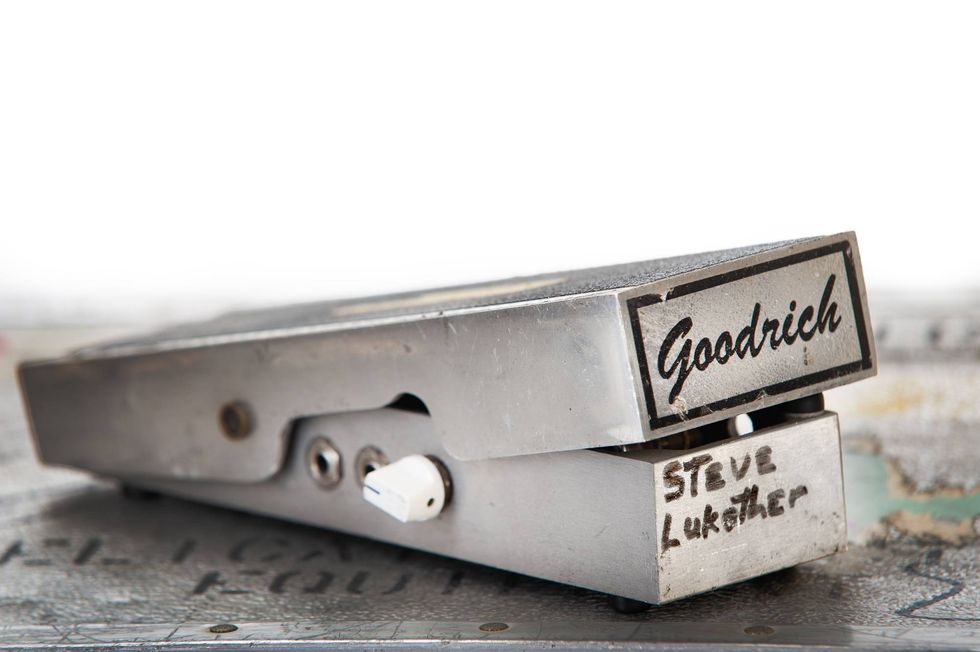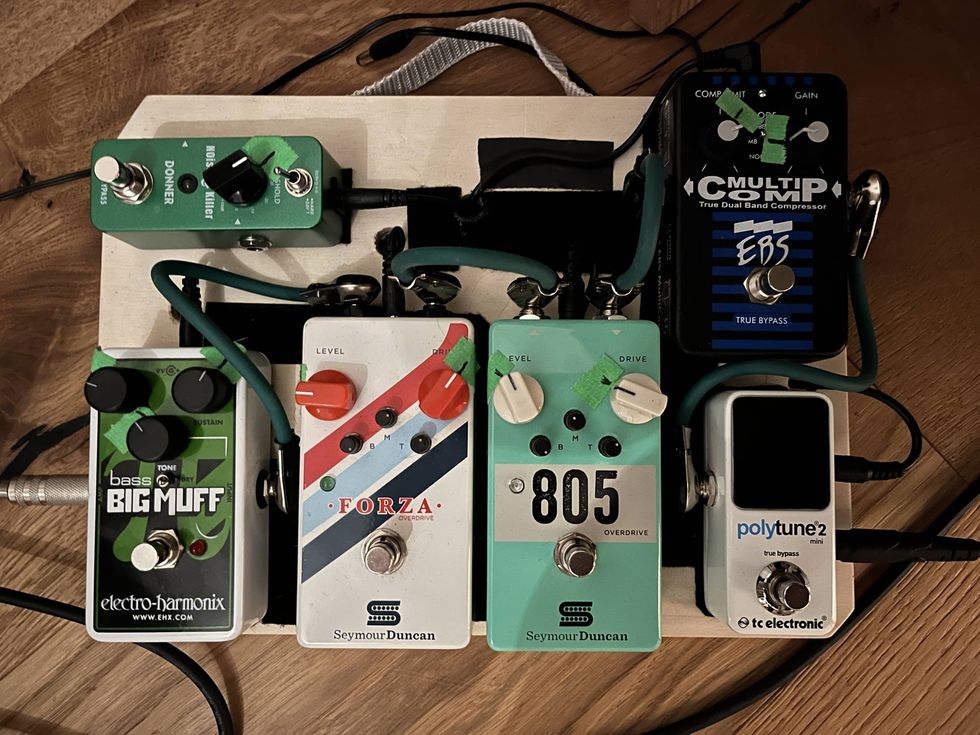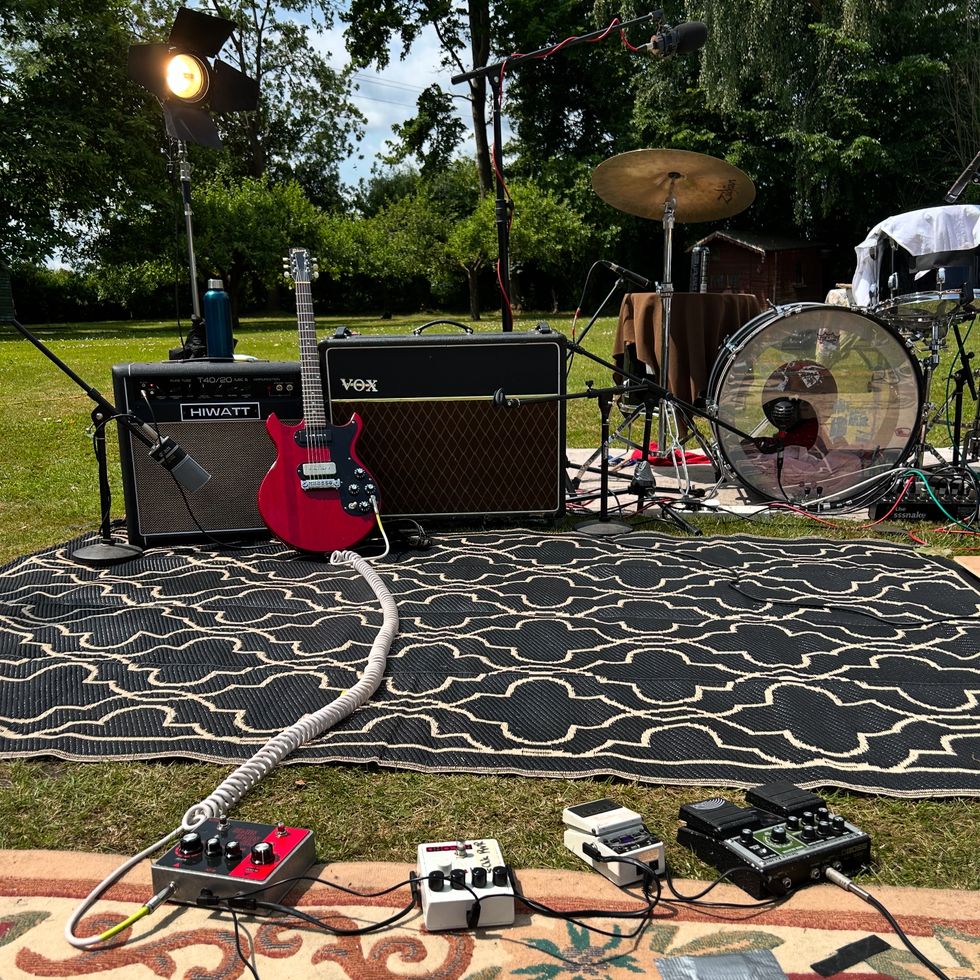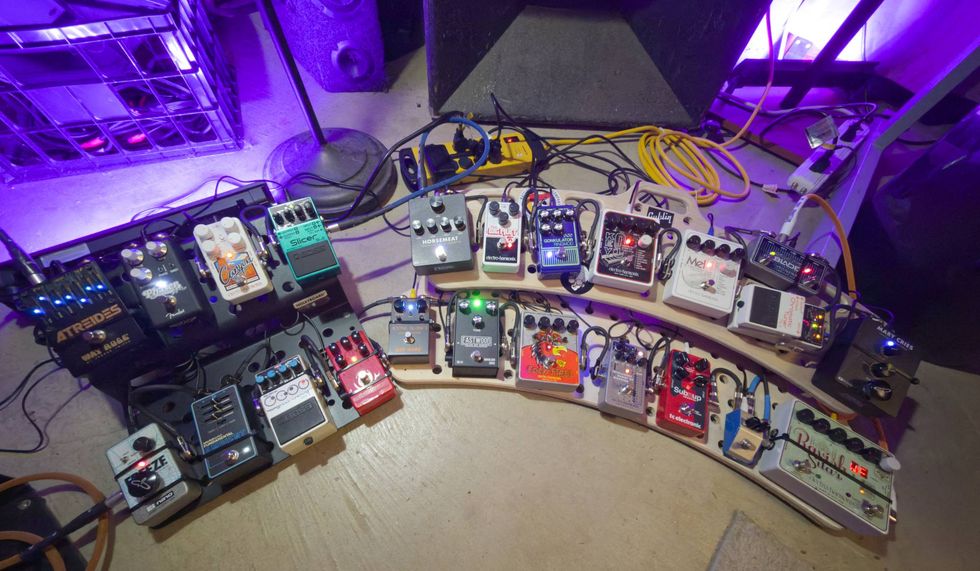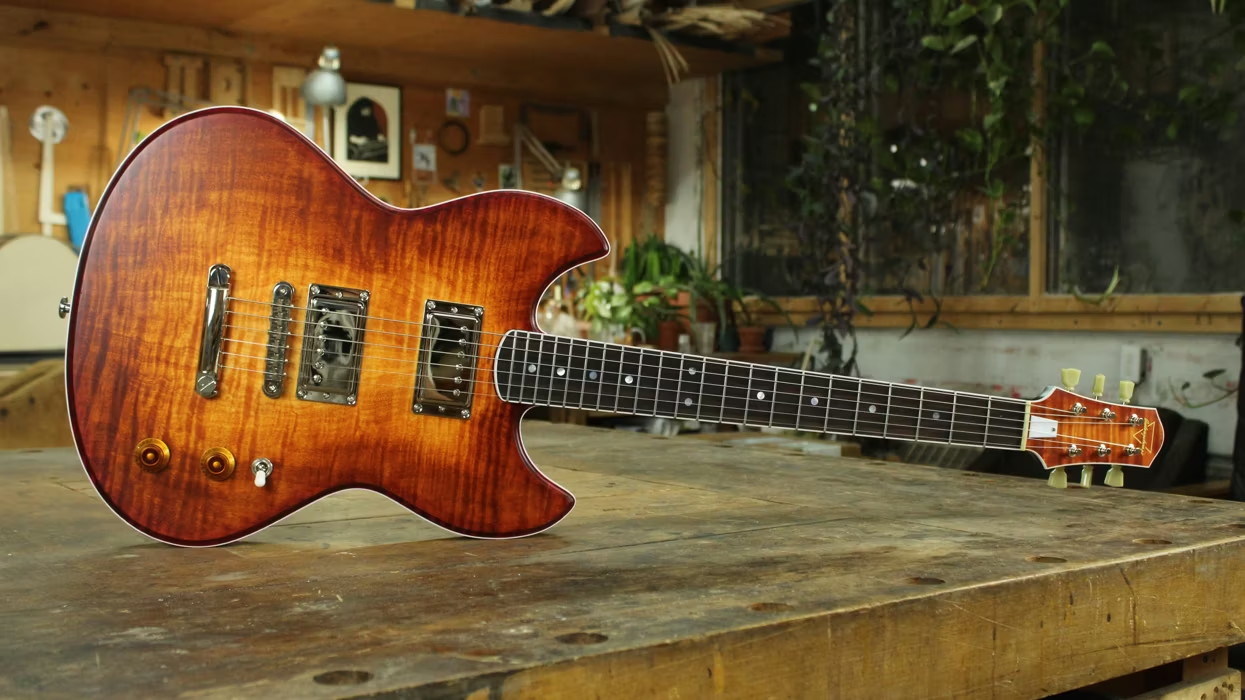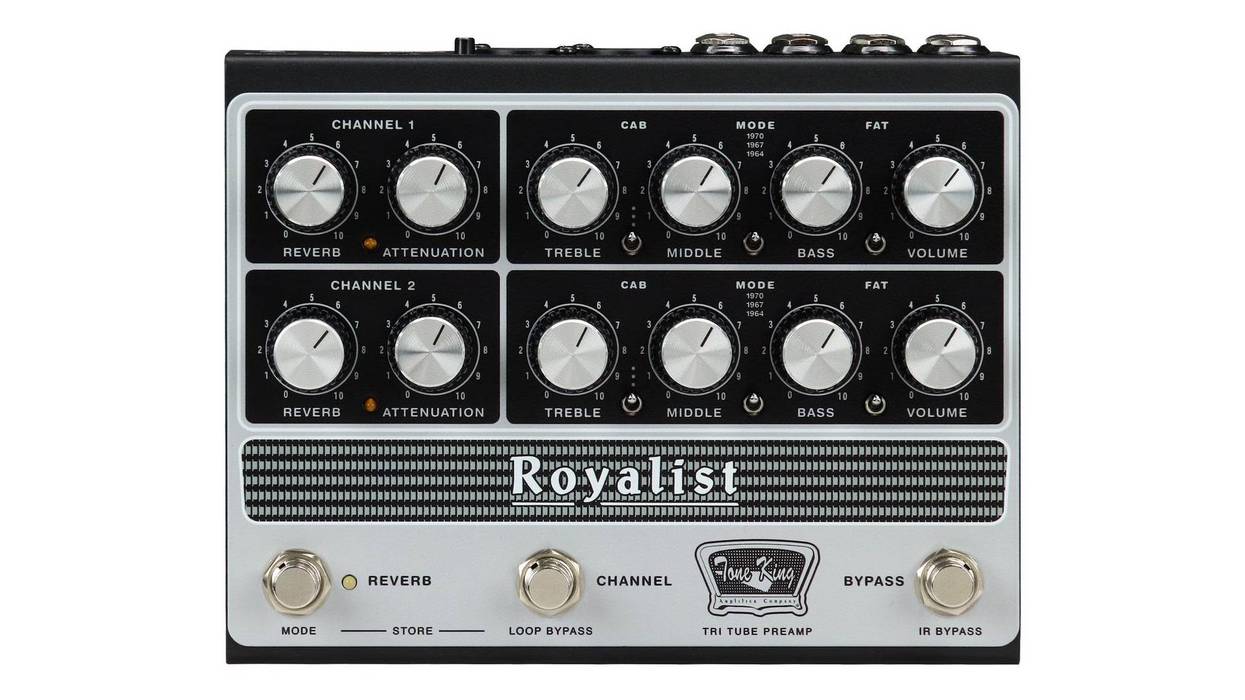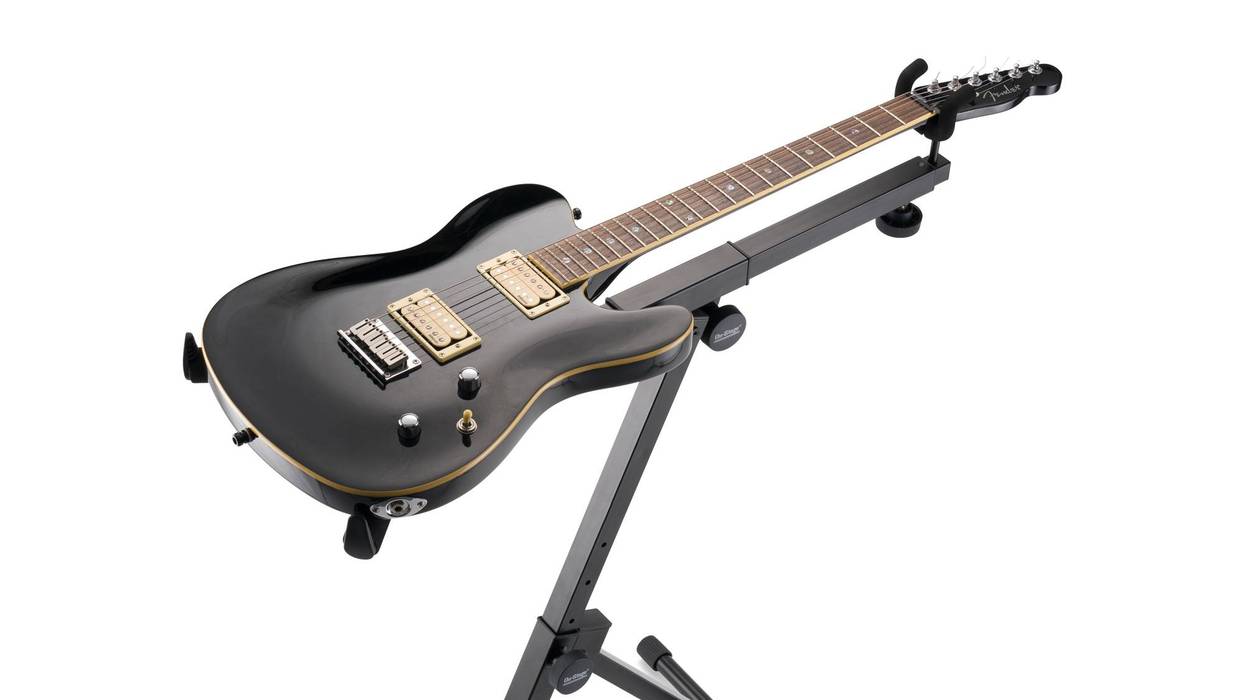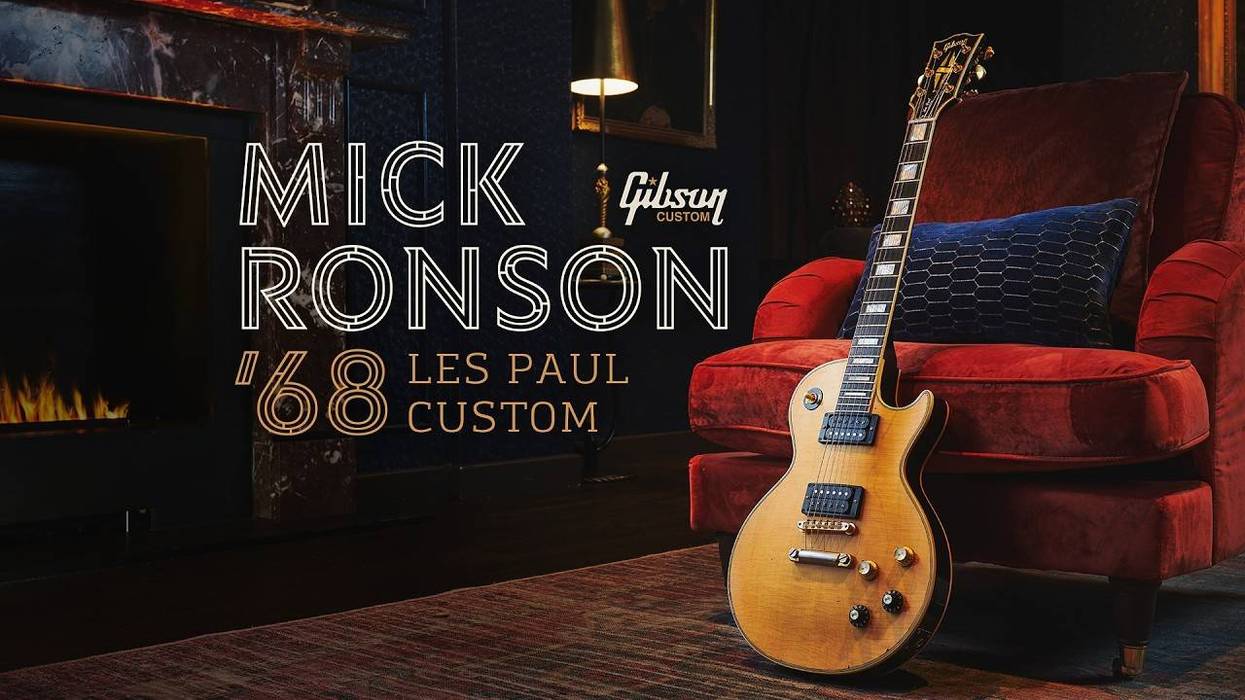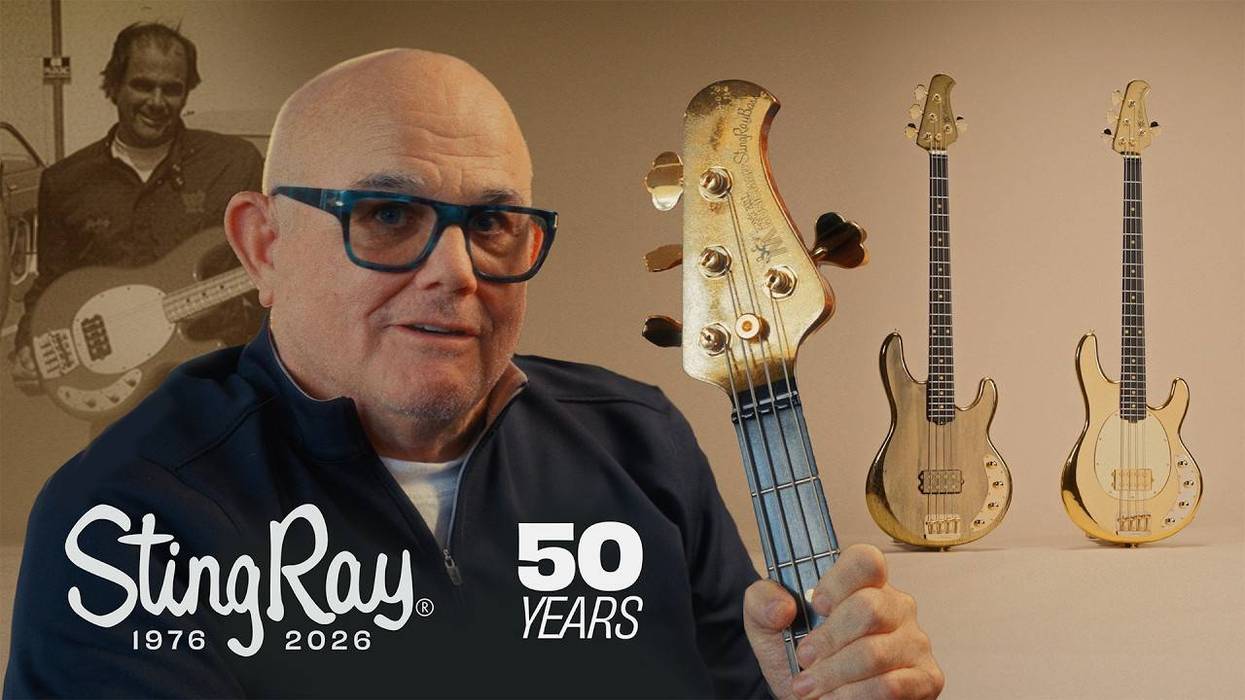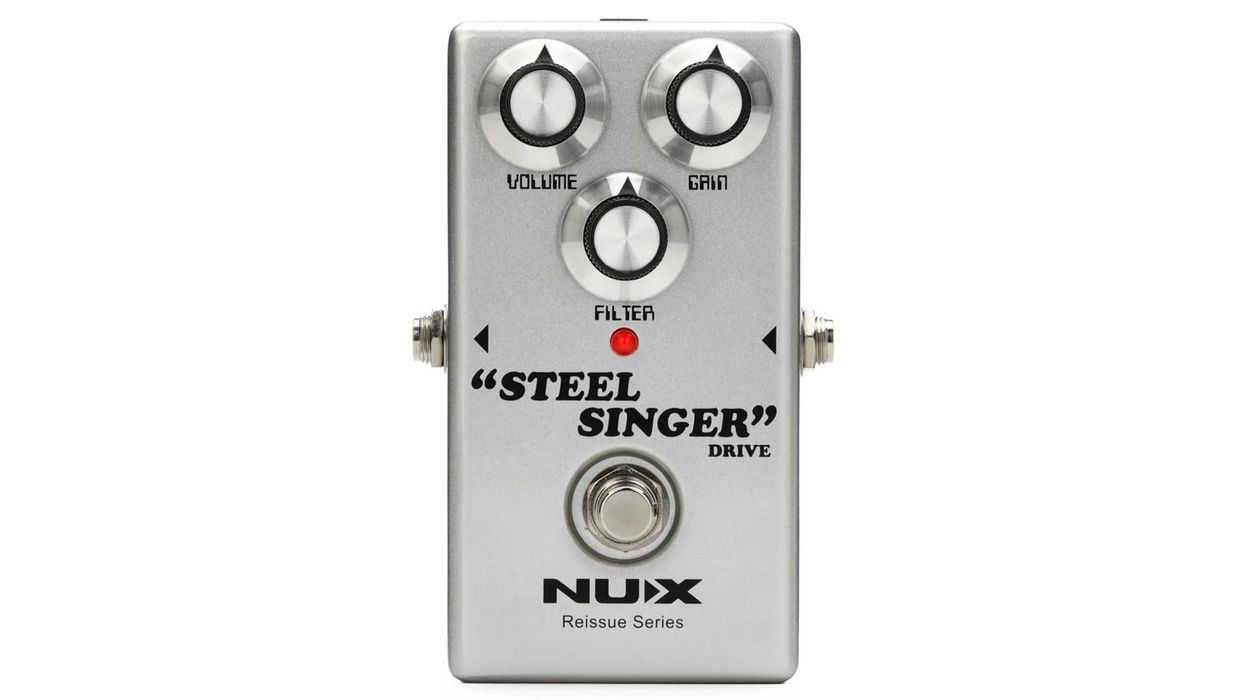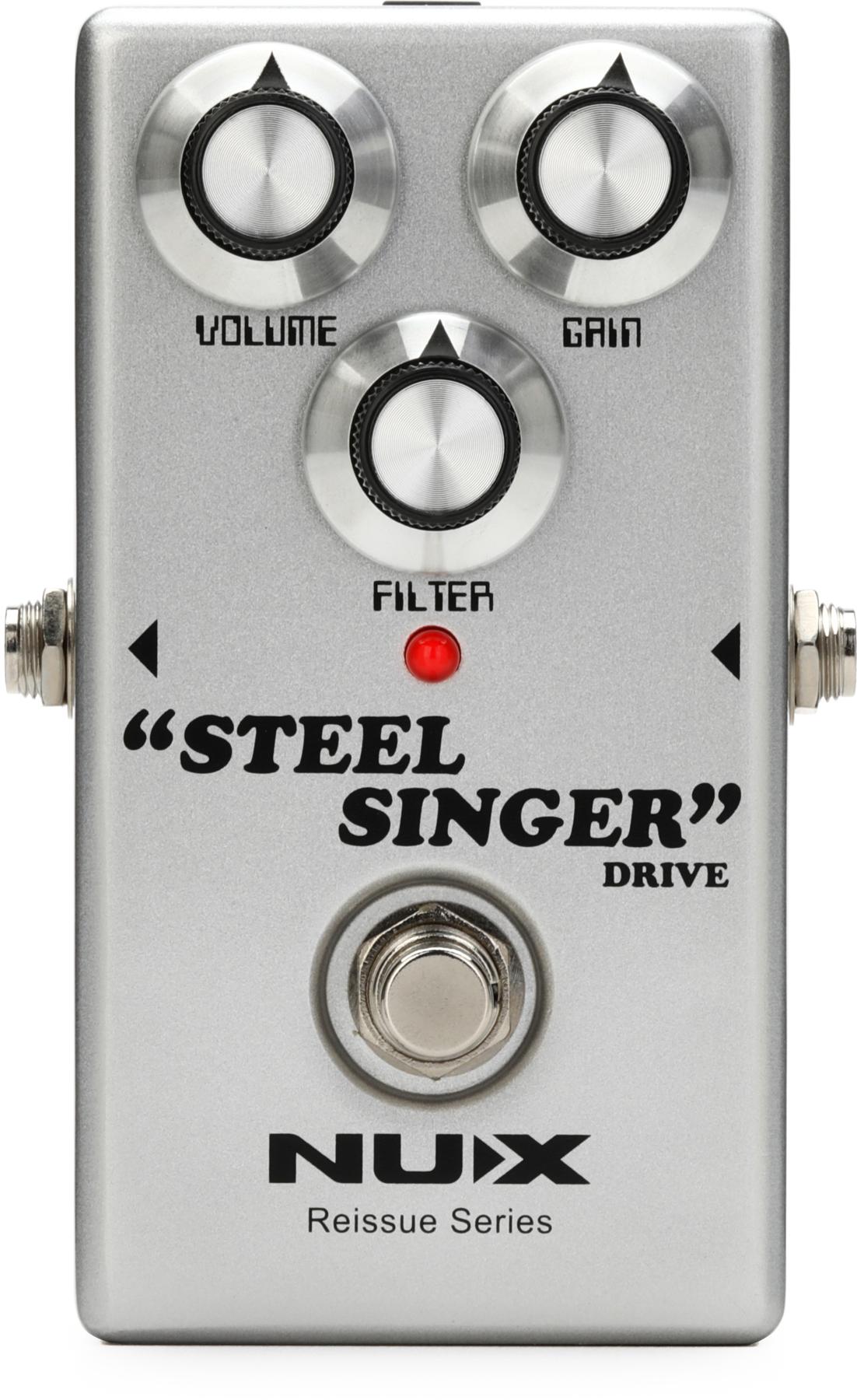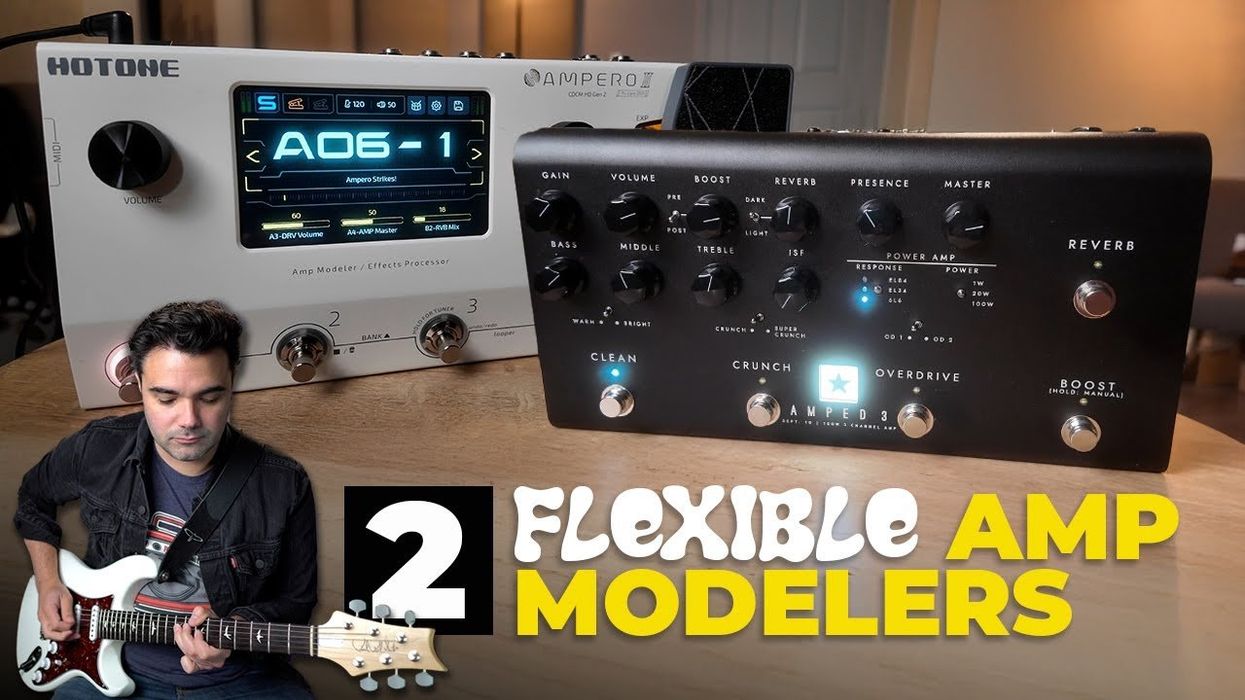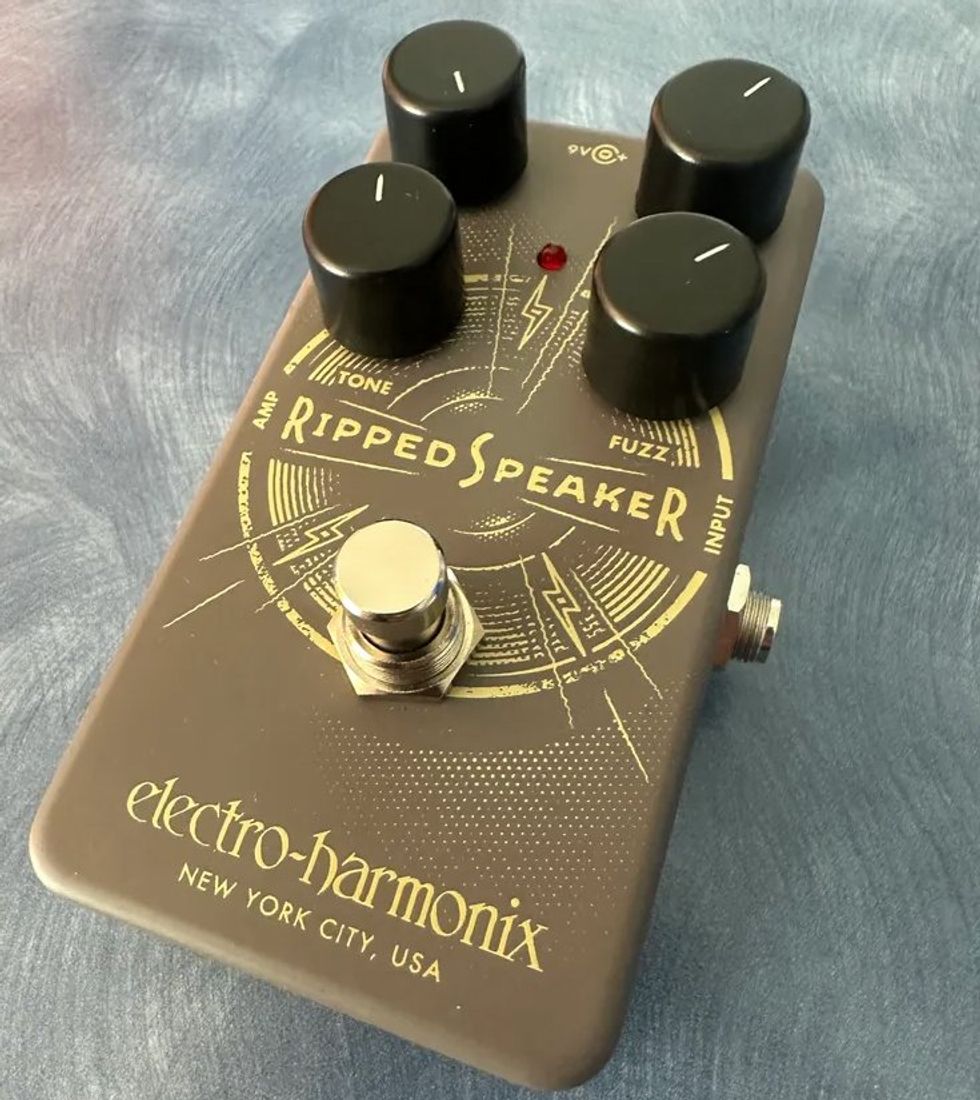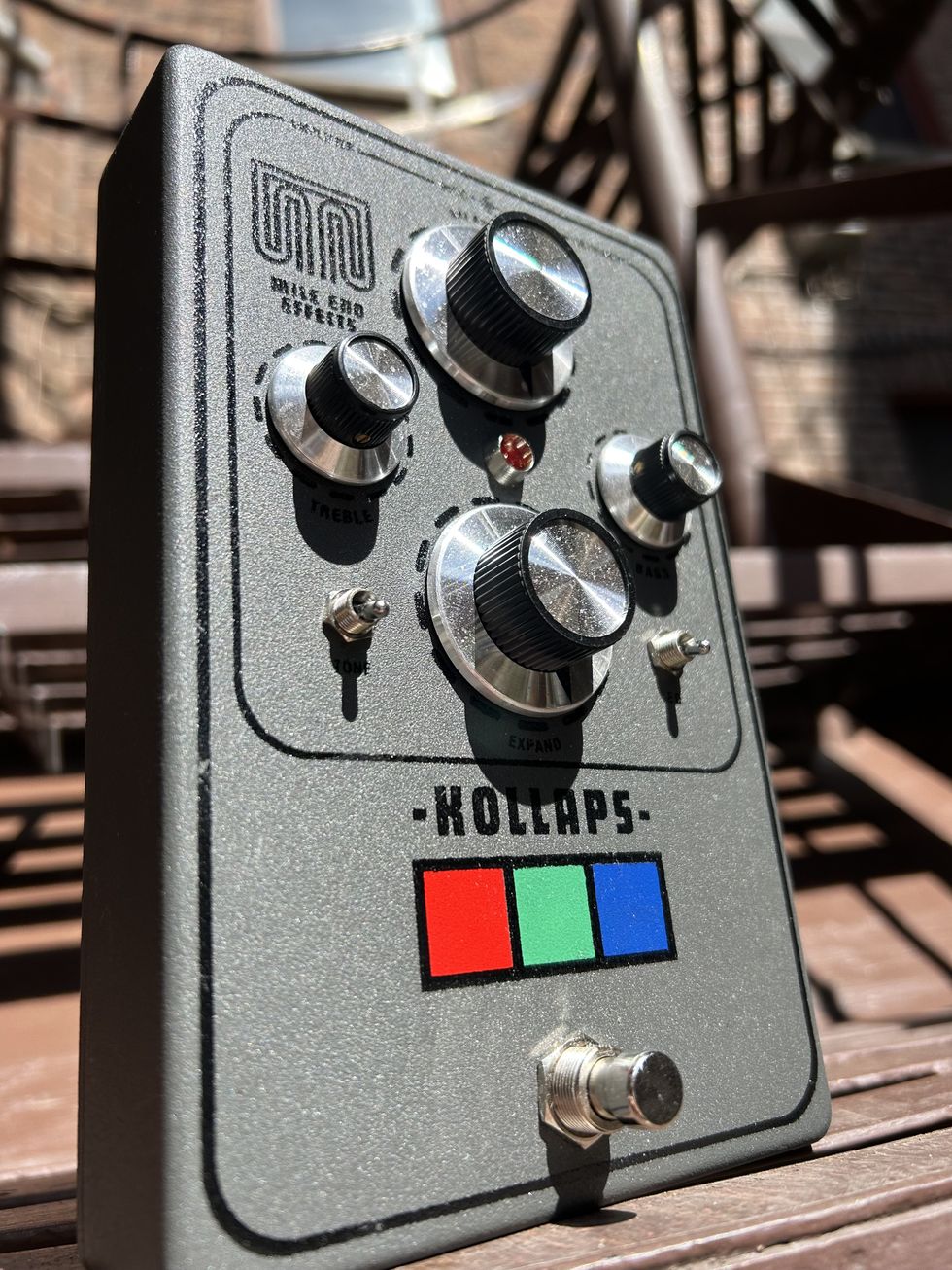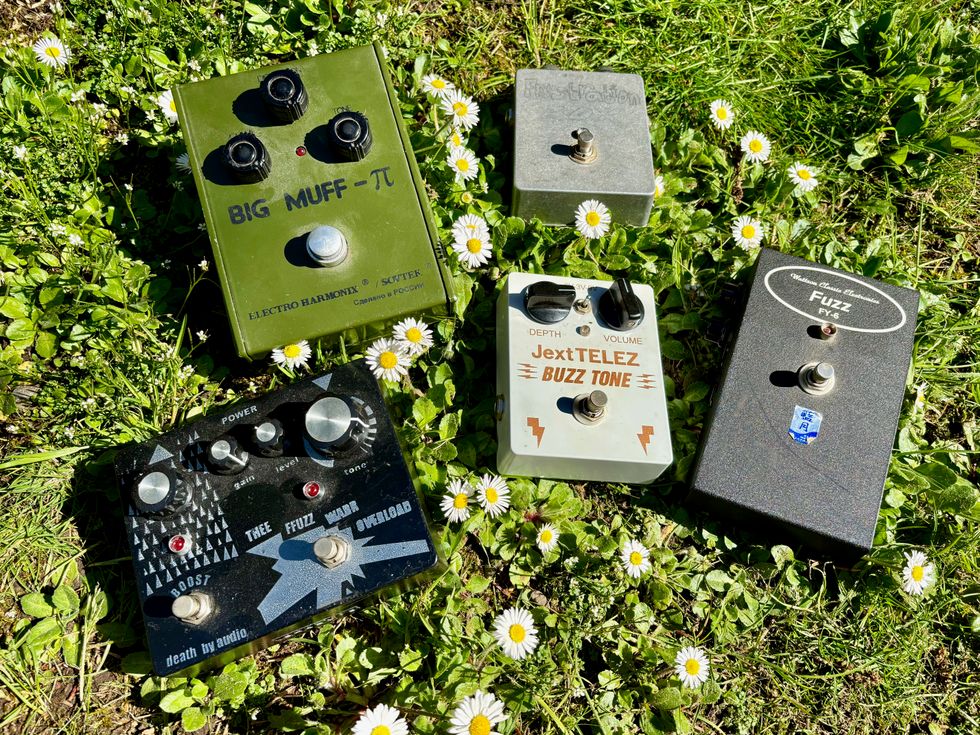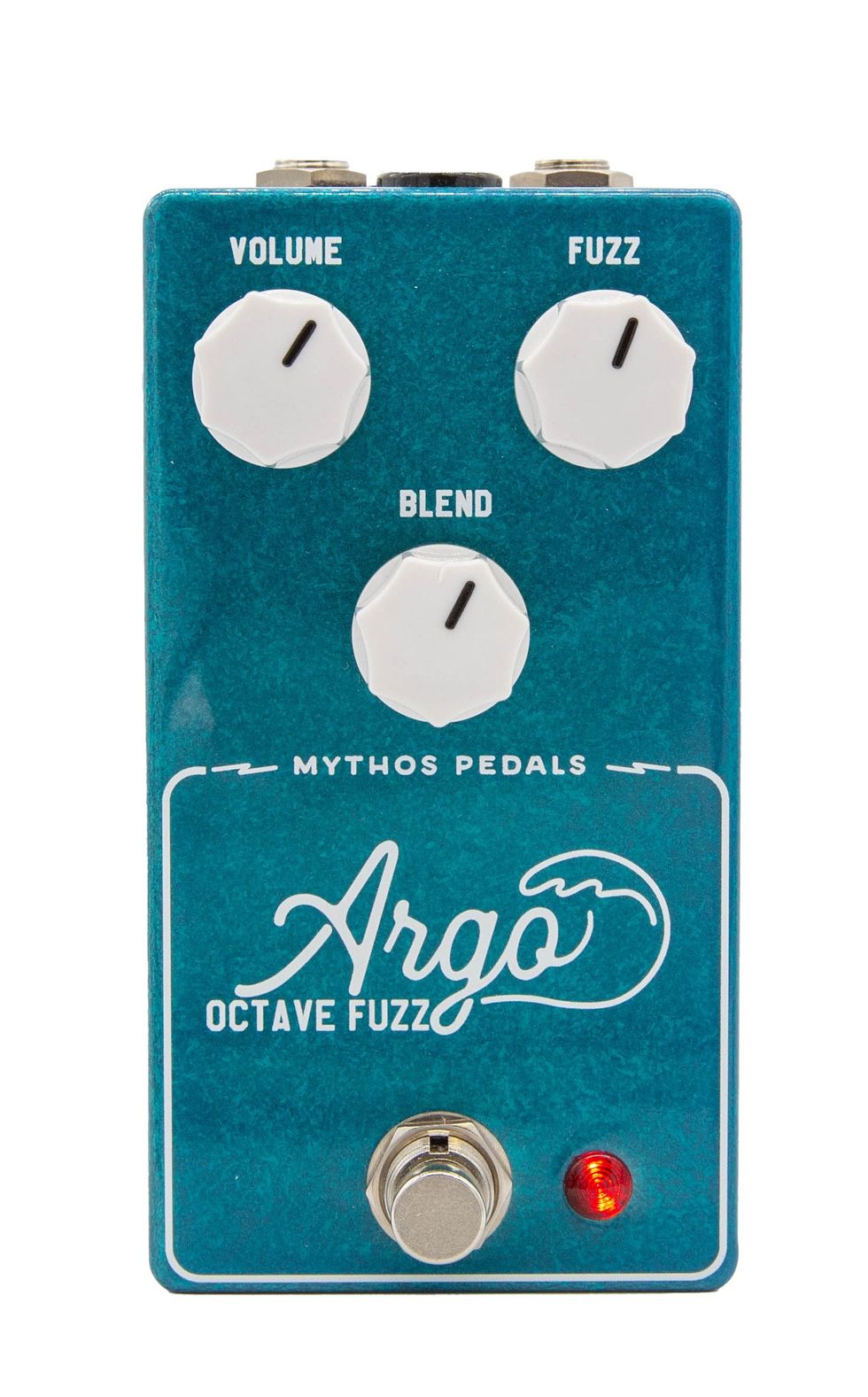Hastings, MN (March 8, 2018) -- Ramble FX introduces an all-new overdrive/distortion pedal for electric guitar. Kismet combines a completely analog signal path with digital control. It features progressive diode clipping for a wide gain range with just the right amount of compression. Digital control adds four memory positions to easily save and recall presets. Connect almost any volume or expression pedal and take complete control of Kismet. Save any combination of settings twice: once for “heel,” and once for “toe,” then Kismet will morph all settings at once with expression control. MIDI support expands Kismet’s memory to 100 positions and can take direct control of all settings and footswitches.
Features:
- 100 percent analog signal path with progressive diode clipping.
- Wide gain range with touch sensitive dynamics throughout.
- Four memory positions to save and recall presets. Memory is retained without power.
- Innovative expression control. Save any combination of settings for the “toe,” any different settings for the “heel,” and sweep all settings at once with an expression pedal.
- Frustration-free programming using just one toggle switch.
- MIDI control expands Kismet’s memory to 100 positions and can control any setting.
- Relay-based true bypass.
Designed and assembled in the USA, Kismet will ship in March 2018. Retail price is $249.99. Order direct at www.ramblefx.com or through select retailers worldwide. All Ramble FX pedals have a five-year limited warranty.
For more information:
Ramble FX


